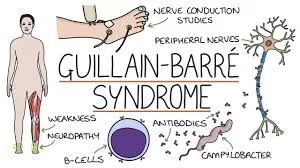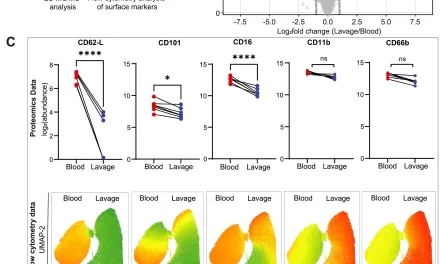January 4, 2025 — A groundbreaking study has revealed that Brazil’s Bolsa Família Program (BFP), one of the world’s largest conditional cash transfer programs, has successfully reduced tuberculosis (TB) cases and deaths by more than 50% among the country’s poorest communities, including Indigenous populations. The study, coordinated by the Barcelona Institute for Global Health (ISGlobal), offers valuable insights for shaping public policies on social protection and TB control globally.
The Bolsa Família Program, implemented in Brazil since 2004, provides financial assistance to the nation’s poorest families, contingent upon meeting certain requirements like ensuring children attend school and receive medical care. Beyond its role in reducing poverty and economic inequality, the program has also been associated with improved health outcomes such as reductions in child mortality, maternal deaths, and HIV cases.
TB, a leading cause of infectious deaths in Brazil and many low- and middle-income nations, is closely linked to poverty and poor living conditions. Prior to this study, the impact of cash transfer programs on TB outcomes in the most vulnerable populations had not been thoroughly analyzed.
Study Insights and Findings
The study, published in Nature Medicine, analyzed data from over 54 million low-income Brazilians between 2004 and 2015, evaluating TB incidence, mortality, and case fatality rates. The researchers found that the BFP significantly reduced TB cases and deaths among beneficiaries—over 50% among the extremely poor and more than 60% among Indigenous populations. While the program had a positive effect on TB rates across all groups, it was especially pronounced among the poorest, with no significant reduction observed in less disadvantaged populations.
“The BFP’s effect on TB outcomes is clear. By improving food security, reducing malnutrition, and making healthcare more accessible, the program strengthens people’s immune defenses, which are critical in fighting TB,” said Gabriela Jesus, co-first author of the study.
The study also highlighted a reduction in the TB case fatality rate among those receiving BFP benefits, though the difference was not statistically significant when compared to non-beneficiaries.
Impact on Vulnerable Groups
Among the findings, Indigenous populations saw the most significant reduction in TB rates, with more than 60% fewer cases and deaths. This demonstrates the program’s crucial role in addressing health disparities faced by these groups, who often experience compounded challenges related to poverty, geographical isolation, and limited access to healthcare.
The BFP’s effectiveness in combating TB stems from its focus on improving nutrition and easing access to healthcare services, which are key factors in reducing susceptibility to the disease. Malnutrition, a major risk factor for TB, is significantly mitigated by the cash transfers, strengthening the immune systems of those most vulnerable to the disease.
Global Implications for TB Control
The findings from this study have significant global implications for TB control strategies. “This research suggests that social protection programs, such as Bolsa Família, not only alleviate poverty but also play a crucial role in the global fight against TB,” said Davide Rasella, the study’s lead coordinator and head of the Health Impact Assessment and Evaluation group at ISGlobal.
The study’s outcomes highlight the importance of integrating social protection programs into public health policies, particularly in countries with high TB burdens. With the global rise in TB cases following the COVID-19 pandemic, expanding the BFP could be an essential tool for combating this infectious disease, especially among vulnerable groups in Brazil.
These findings align with global health initiatives such as the END-TB strategy and the Sustainable Development Goals, emphasizing the importance of tackling social determinants of health, including poverty and malnutrition, to reduce the global TB burden.
For more details, refer to the full study in Nature Medicine (DOI: 10.1038/s41591-024-03381-0).
Journal Information: Nature Medicine











